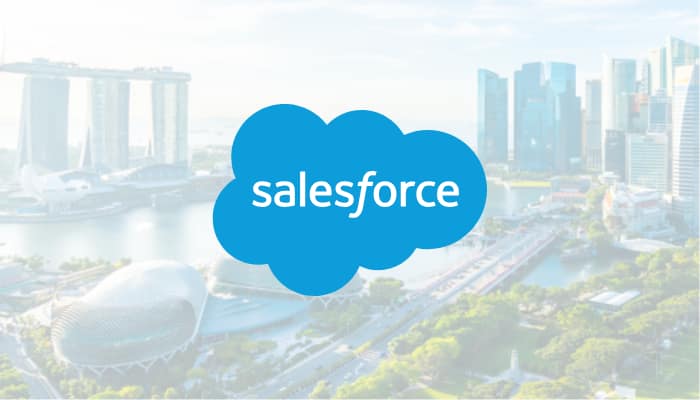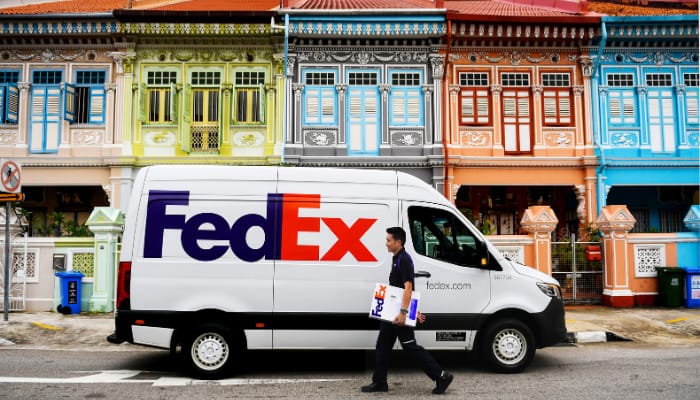Singapore – Salesforce, a customer relationship management company, has pledged a five-year US$1b investment in Singapore, solidifying its commitment to the innovation of a significant growth market for the company. It is investing in the digital labour platform Agentforce for workforce development and customer success.
As Salesforce boosts Agentforce’s adoption, the company has collaborated with Singapore Airlines (SIA) to incorporate the platform into its customer case management system. The partnership allows the airline to deliver personalised services to its customers.
Additionally, SIA and Salesforce are planning to develop AI-powered solutions for airlines to benefit the entire industry.
Supporting Singapore’s ‘National AI Strategy 2.0,’ the investment aims to address the challenges to Singapore’s labour force stemming from an ageing population and declining birth rates. Through the investment, Singapore enterprises can leverage Agentforce to build digital workforces and increase productivity.
Jermaine Loy, managing director of the Singapore Economic Development Board, said, “Singapore welcomes Salesforce’s investment, which will boost our ongoing efforts to build a vibrant hub for AI innovation and adoption across our economy. Salesforce’s initiatives in AI research and workforce development will strengthen our ecosystem by catalysing innovation for key industries and corporates based in Singapore.”
“We are in an incredible new era of digital labour where every business will be transformed by autonomous agents that augment the work of humans, revolutionizing productivity and enabling every company to scale without limits,” Marc Benioff, chair and CEO of Salesforce, said.
“Singapore is at the forefront of this shift, and as the world’s largest provider of digital labour through our Agentforce platform, Salesforce is thrilled to expand our work with the business community and our longtime partners in the region to drive innovation, productivity and growth,” Benioff added.
Agentforce, a Salesforce platform released in 2024, is designed to create autonomous artificial intelligence agents to boost companies’ efficiency.
Using Agentforce, SIA will streamline customer service operations, leveraging Salesforce’s ‘Data Cloud’ and generative AI within ‘Einstein’ for personalised interactions and faster response times.
Goh Choon Phong, CEO of Singapore Airlines, said, “As the world’s leading digital airline, Singapore Airlines is committed to investing in and leveraging the relevant technologies to enhance customer experiences, improve operational efficiencies, drive revenue generation, and boost employee productivity. The SIA Group has been an early adopter of Generative AI solutions, developing over 250 use cases over the last 18 months and implementing around 50 initiatives across our end-to-end operations.”
“Salesforce is a pioneer in agentic AI. Integrating Agentforce, Einstein in Service Cloud, and Data Cloud into SIA’s customer case management system enhances our ability to efficiently assist our customers, and marks the first step in our collaboration. Together, we will co-create AI solutions that drive meaningful and impactful change and set new standards for service excellence in the airline industry,” Phong added.
“The rise of digital labour, powered by autonomous AI agents, is not just reimagining the customer experience — it’s transforming business. We’re thrilled to partner with Singapore Airlines, a trailblazer in this AI revolution, to elevate their already outstanding customer service to unprecedented heights, augment their employees and collaborate on groundbreaking AI solutions for the airline industry. With our deeply unified digital labour platform, we’re bringing humans together with trusted, autonomous AI agents, unlocking new levels of productivity, innovation and growth,” Benioff commented.













